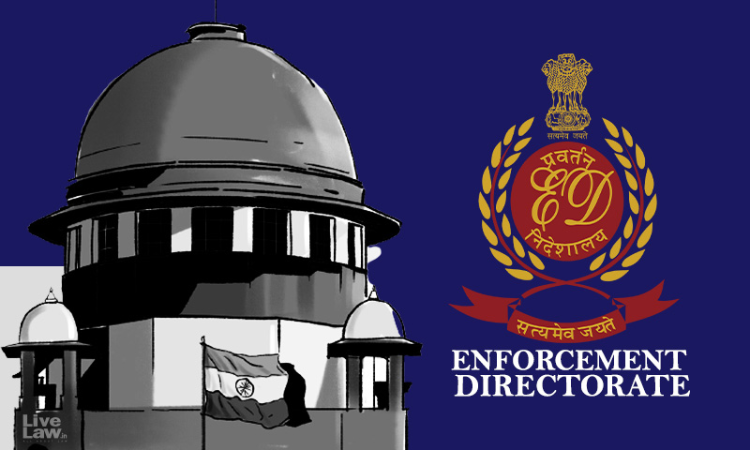Section 436A CrPC Setting Cap For Pre-Trial Custody Applicable To PMLA Offences, Says Supreme Court At Hearing
Mehal Jain
9 March 2022 9:38 PM IST

Next Story
9 March 2022 9:38 PM IST
The Supreme Court on Wednesday orally observed that Cr. P. C. section 436A is an independent scheme under the Cr. P. C. dealing with specific situations, which has not been modified by the Prevention of Money Laundering Act, and therefore section 436A will also apply under the PMLA regime by virtue of section 65 of the PMLA.The Court told Solicitor General of India Tushar Mehta that though...
